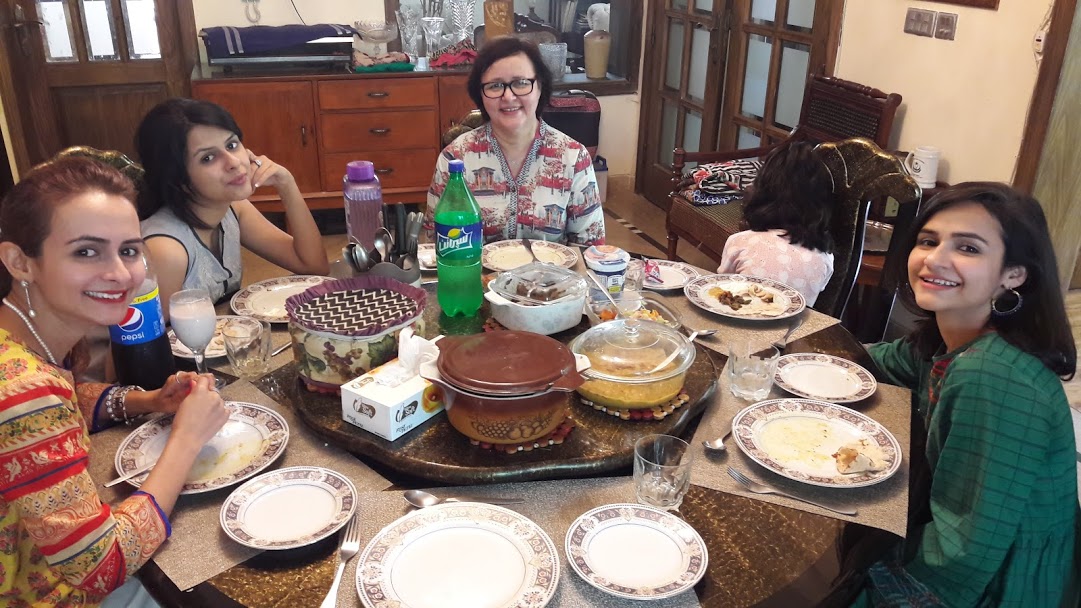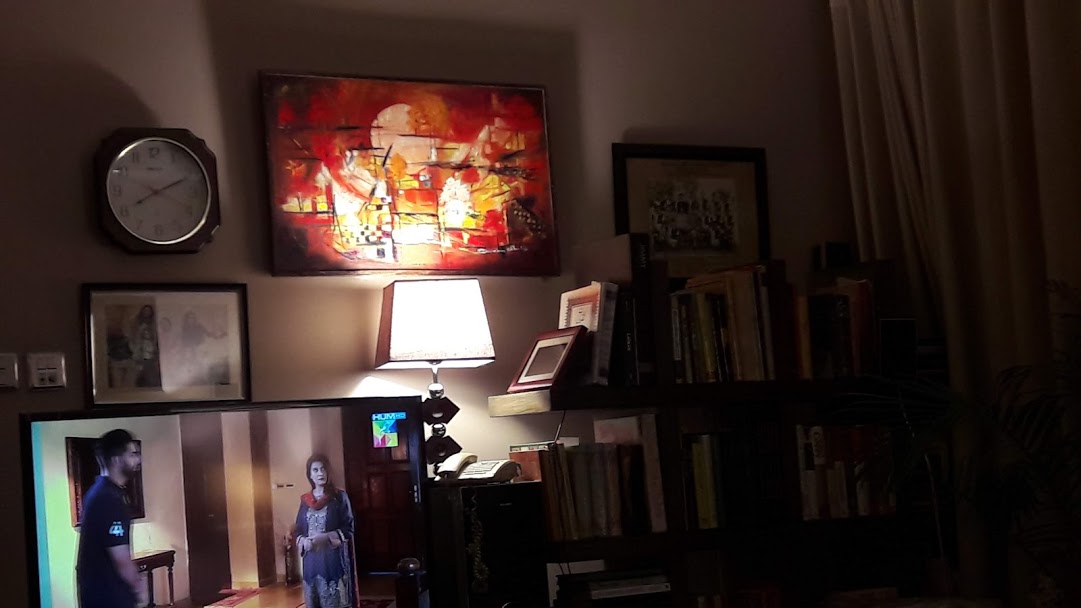Save Islamabad by tight administrative control before it is too late.
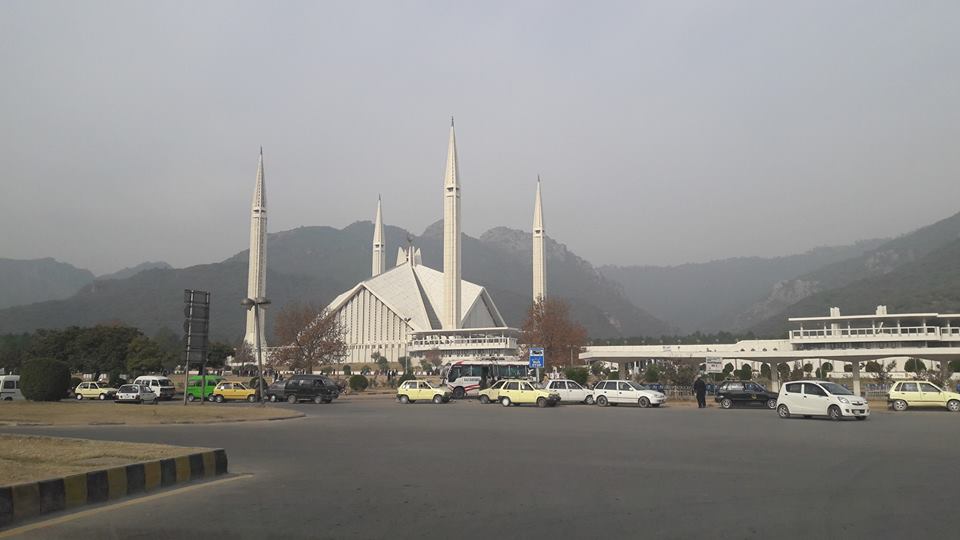
I found this blog written, a few months ago – but never posted. As I read it, I realized how much more pertinent it is today. How scary this whole scenario is. I am one of the few people who has been with the Metro project, because it benefits the grass root members of our society, as well as the elite.
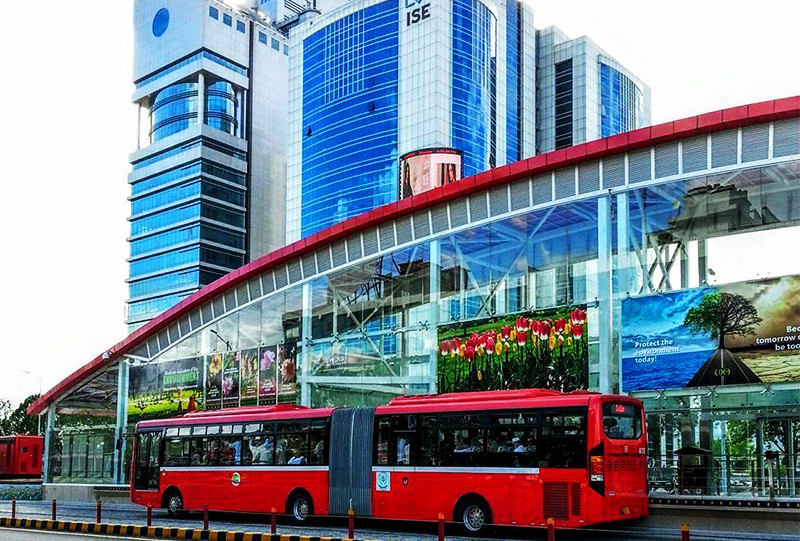 Also, it will be beneficial for the environment and reduce pressure on roads. It is connecting more people and promoting more jobs. That said, here is something we have to beware of: the arrival of not-so-welcome-elements of society into the capital city.
Also, it will be beneficial for the environment and reduce pressure on roads. It is connecting more people and promoting more jobs. That said, here is something we have to beware of: the arrival of not-so-welcome-elements of society into the capital city.
 We have to be careful of the cultural and social side effects. That said. All is fine, if the local management is strong and alert. The big question is; Is it alert and effective? Yes, it has been but not enough. They are no longer as vigilant on the road for speed and other traffic law violations.
We have to be careful of the cultural and social side effects. That said. All is fine, if the local management is strong and alert. The big question is; Is it alert and effective? Yes, it has been but not enough. They are no longer as vigilant on the road for speed and other traffic law violations.
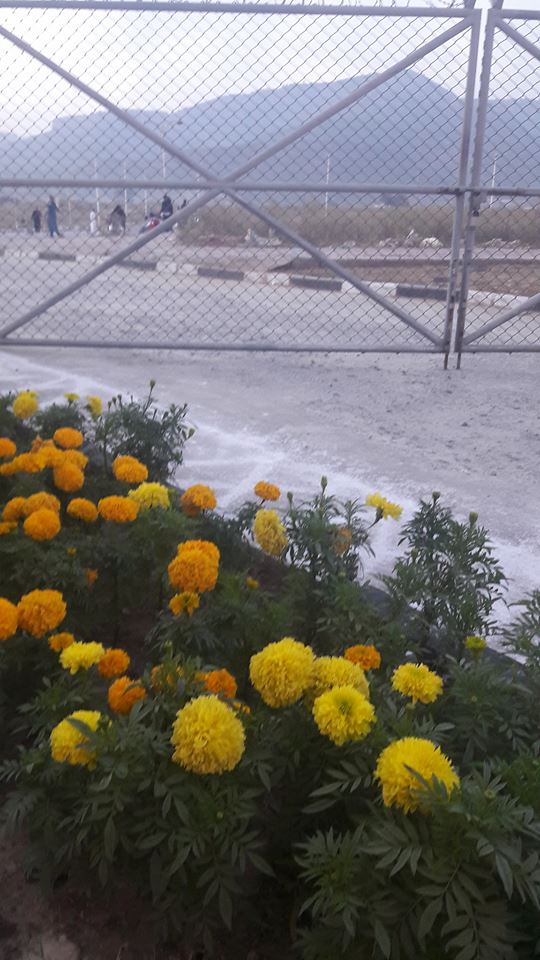
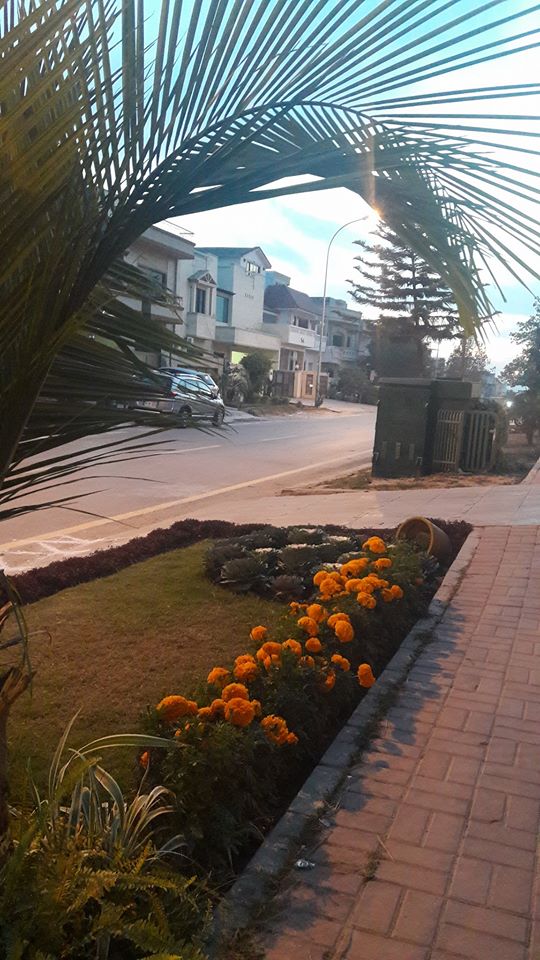
I’m really afraid for Islamabad getting ruined like so many other cities, in the past….
Do you know that Karachi used to be the cleanest city in Asia? It was one of the most sophisticated cities with a class and style of its own. In Kuwait, in 1985 I met a Kuwaiti lady who had spent her childhood in Karachi. She told me her father had been an ambassador there, yes, Karachi was the capital of Pakistan then. She said ‘Kuwait was nothing compared to what Karachi was at that time!” it makes me shudder to see where Kuwait and Karachi stand today, in comparison with each other. The interesting fact is that 60% of inhabitants of Kuwait are foreigners. Yet, they’ve kept the foreigners in their place.
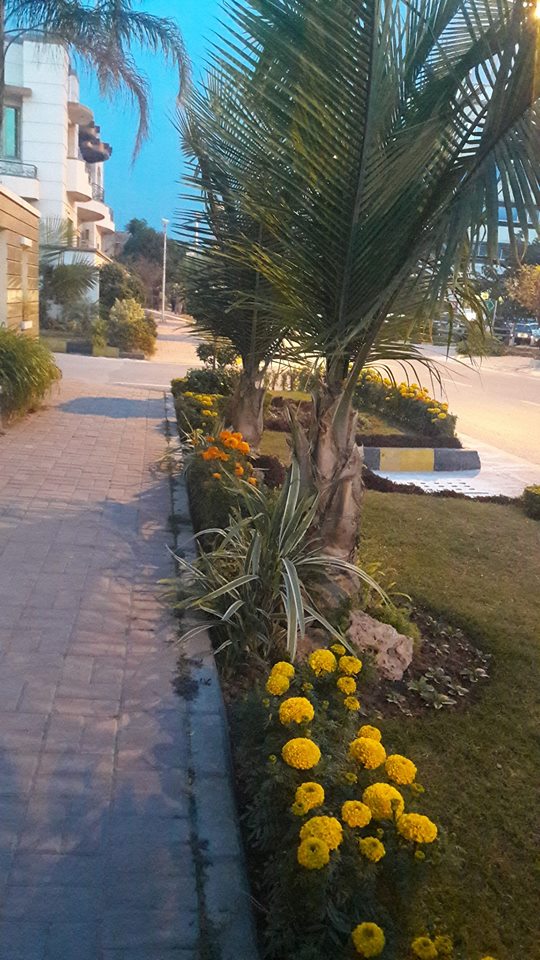
No one is above law. Their law.
Let me enlighten you why Karachi became such a mess …. two reasons come to mind:
- Famous ‘hospitality’ of the East … by welcoming anyone who wanted to settle here. Of course that was a plus point in the case of the Parsee community who came and set up educational institutions like Mama Parsee School, and hotels like Beach Luxury, and Avari, and many shops and other business establishments. But then there were many who were not educated, or running away from some horror of their own, like the Bangladeshis in the seventies, to come and settle in this cosmopolitan city. As one fruit seller told me over a cup of tea. (He had offered to me when he saw me looking at his tea while I was buying fruit from him.) “Karachi is like a mother to a poor man!” He said no one in his right mind would leave this place, it has so much to offer.
- The other thing that led to Karachi’s present position of total chaos and incapable management of power and other civil amenities: its lack of control of its administration and facilities. They simply couldn’t cope with the East Pakistanis running away from Bangladesh, the Pathans coming here from Frontier, the Afghans coming from Afghanistan, the onrush of persons coming from India as Muhajirs, and the criminals in each of these communities, and their fighting with each other.
Hence the total chaos.
I’ve lived over five years in Karachi during different time spans ( between 1989 and 2008.) I just love Karachi, and wrote several articles on it. In fact, my career as a writer began with Dawn in, in 1990.
Karachi is not the only city, to which this dilemma has happened. It has happened to many cities of Pakistan, and the world. Would you believe it that Faisalabad, Sialkot. Attock and Sargodha used to be among the most well planned cities during the British era? Now, they are haphazard and badly managed. Come to think of it, this scenario has happened to many countries of the world as well. The onslaught of humanity, coming to settle down in another land, another place, usually, by contributing to it, and merging with the inhabitants, and gaining respect, as was the case with America. Recently, this scenario is being repeated in Europe. So it can be with great results when handled well. Or it can end up disastrously, if ignored or mishandled.
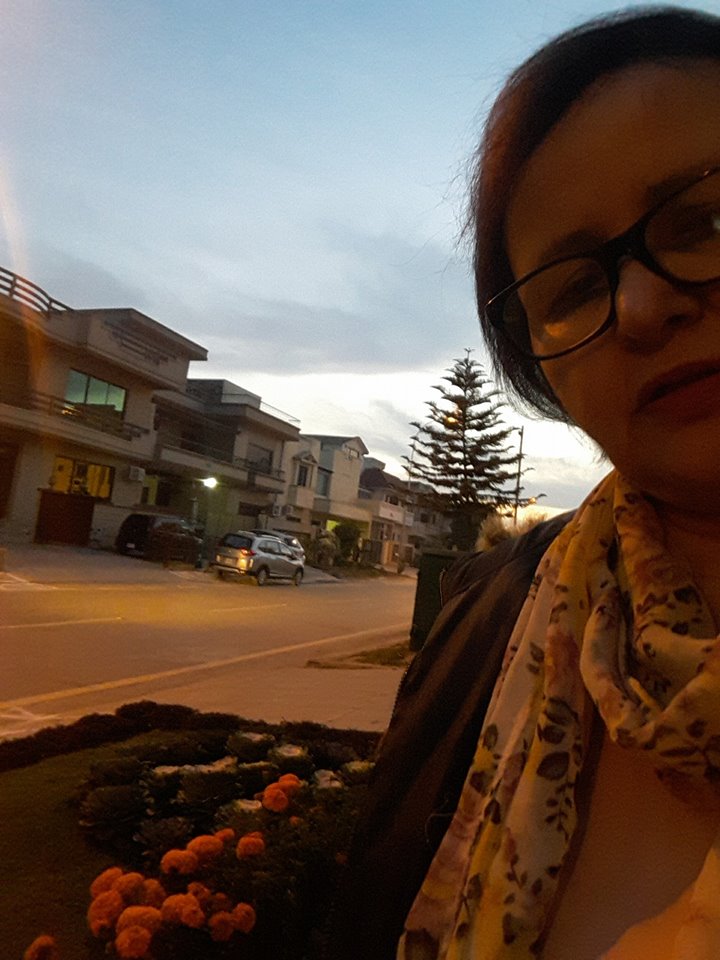
The difference lies in one simple factor: The control of local management and administration along with provision of basic amenities provided to all. Those countries and cities which succeeded in keeping control remained on top – For instance: USA, (New York) UK, (London) UAE, (Dubai and Abu Dhabi,) Kuwait. – And many others. They made sure the ‘visitors’ knew who is boss, and whose rules apply – or else! The rest were swamped by the infiltrators and became ruined in the process. The city’s personality and character completely changed forever.
I can name Peshawar for another one. The people of Peshawar welcomed the onslaught of Afghan refugees in the 1980s. The entire city and its people lost their personality and characteristics. Crime reigned supreme. Smuggling, drugs and kidnapping was the traditional means of earning in FATA region for over a hundred years. (Yes, that’s true!) Hence the famous Bara markets, and Hayatabad) Now, to all this was added terrorism culminating in the Peshawar incident of December 16th, last year.
You think all that hospitality and protection would have happened, had they known how it is going to end? No, all these started with the best of intentions, and humanitarian spirit much lauded by the world. Yes, Lady Diana, the Queen Elizebeth, Kirk Douglas and everybody, who was any-body, came over to catch the limelight by shaking hands with the Afghan refugees. (Today, that same world is avoiding giving protection or place to the boat people seeking asylum, all over Europe. A few months ago, when Gaza was being pounded, by the Jews, other countries, sealed their borders for fear of refugees coming to them!)
Now let me get to the point. I’ve watched this process in Pakistan, where I watched cities get ruined in front of my eyes. All this, happened due to lack of focus and administrative control.
This is what I’m talking about in the case of the Metro bus and dharna or ‘sit-in’ in Islamabad.
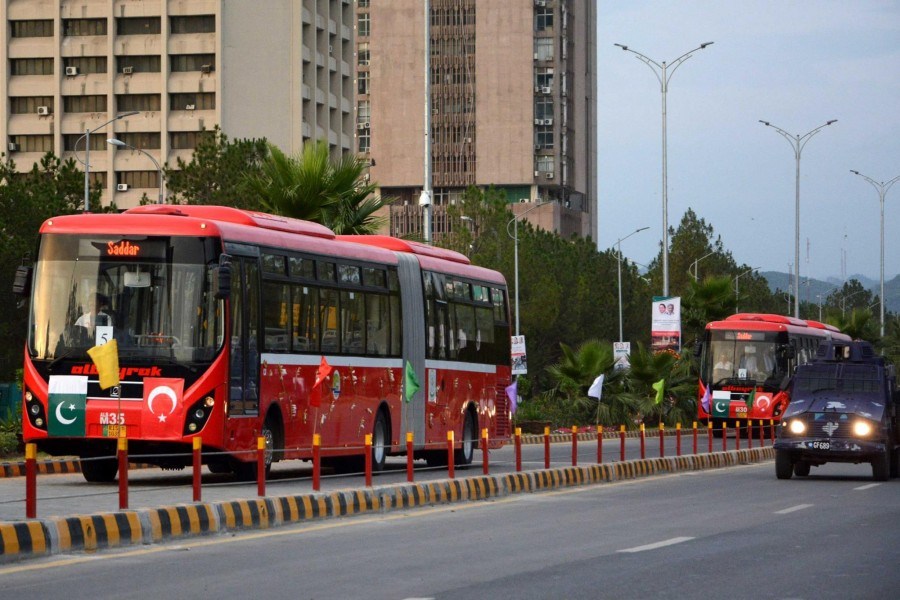
Islamabad – the capital of Pakistan. In 1998 when I came to live here, I realized that it was the only city, without any load shedding. My optimism made me dream of a Pakistan with no load shedding throughout the country. However, it didn’t take long for Islamabad to become like the rest of the cities.
While planning, the present facilities are prepared without considering the onslaught of new settlers in the city. Hence the facilities are not enough for all. -Hence, the problem. Lately, as you know the water level underground has declined. It is getting alarmingly lower with time. Lack of basic amenities is the beginning of restlessness and crime.
Lately the trend of dharnas where people literally reside for months on chosen streets (and the D chowk) of Islamabad, totally freezing all activities in the capital must not be tolerated any more. It is one thing for twenty people to stand in front of the White House with placards shouting out their opinions, calling it freedom of speech. It is another, for thousands to ‘live’ on a street, jamming all activities of business and normal life in the city for weeks and months. No!
Through this article, I wish to bring this element to the notice of all administrators of Islamabad. Today, its called ‘Islamabad the beautiful’, and it is. Let it not become ‘Islamabad the fish-market’, due to lack of control on those who enter it.
Just like countries in the Gulf States, make sure the people who are there, will abide by all rules, and all their papers can be checked anytime. In the same way, the Islamabad Police needs to take full control of their city and make sure no one gets away with any misbehavior or disregards the rules of this beautiful, organized and well managed city.
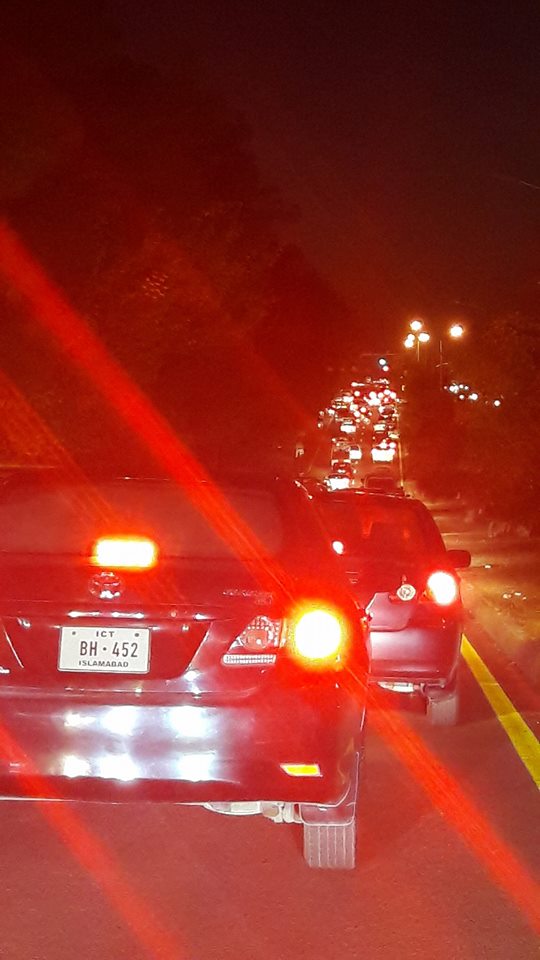
It is time now, for all citizens of Pakistan and specially its capital Islamabad, to be like hawks with our own cities. To take ownership of these and build pressure groups to affect the administrations to be vigilant in future. This dangerous trend of dharnas must be boycotted, and must not be encouraged in future. Just watch this video of an Indian expressing his views on the ‘dharna‘ mentality here.
https://www.facebook.com/javeria.khan.790693/videos/1749294275142572/
Note photographs by author, except ones of Metro buses taken with thanks from Google search engines.




